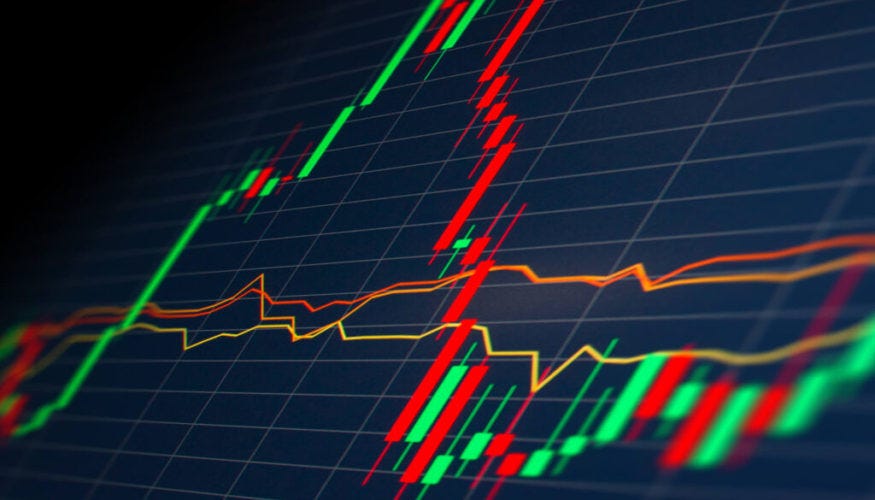
India’s cryptocurrency regulatory climate is still in flux and remains a huge hurdle for domestic exchanges and their customers. The Indian government has previously taken a hardline position toward cryptocurrencies and the firms enabling their trade. Last year, India shocked the world by announcing a 30% tax on all gains from virtual currencies. They further complicated matters by creating a 1% tax deduction on every crypto transaction, making the mess even worse. Such regulatory pressure has caused a massive exodus of Indian traders to global cryptocurrency platforms, as they attempt to avoid domestic taxation.
The Impact on Indian Crypto Platforms
Recent data underscores this trend. WazirX, once an undisputed leader of India’s crypto market, has watched its trading volume nosedive. In the last two years, it has plummeted by a mind-boggling 97%. Analysts warn that fund managers are moving their trading operations to offshore exchanges. These exchanges offer a softer regulatory touch, and that’s enough for part of the downturn. In reaction to this industry-wide trend, CoinDCX recently made a big splash with a new initiative aimed at luring users back to its platform. The exchange further incentivizes users to transfer their crypto assets, especially from global exchanges, onto its services operating in India. This program incentivizes users to make sure their assets return home.
There’s more than market forces at work in the problems facing Indian crypto-exchanges. Pressure and compliance with local regulations are at an all-time high. The Reserve Bank of India (RBI), despite a Supreme Court ruling that overturned a previous ban on cryptocurrencies, continues to advocate for prohibition of digital assets. RBI officials have called cryptocurrencies a Ponzi scheme. This critical diagnosis has made the practical landscape extra challenging for companies in the industry.
Challenges for Exchanges in India
Security and compliance never fail to dominate the narrative on Indian exchanges. Platforms like CoinSwitch Kuber, CoinDCX and WazirX are mandated to conduct strict know-your-customer (KYC) checks before onboarding new users. Putting an emphasis on compliance from the start is vital. Offshore exchanges are now required to register with India’s Financial Intelligence Unit (FIU-IND) and comply with the country’s anti-money laundering (AML) and counter-terrorism financing (CFT) laws.
Coinbase, another major exchange and much larger player in the global market, has had increasingly difficult times in India. As we reported last year, the company ceased onboarding new customers there last fall. This decision illustrates the difficulty posed by the rapidly evolving regulatory landscape. The Indian exchanges also sent letters of caution to the government. They shine a light on the detrimental impact of the federal government’s severe tax treatment. They warned that these enforcement strategies would push users to decentralized exchanges or even noncompliant services, deepening the damage to the domestic market.
Yet, in the face of such adversity, several Indian exchanges have already secured strong support from well-known investors. While CoinDCX has received a major boost with an investment from B Capital, CoinSwitch Kuber has raised funding from a16z. These endeavours to secure financial backing illustrate the steadfast faith in what the Indian cryptocurrency market can become. This confidence continues, despite the very real regulatory challenges.
WazirX, previously an affiliate of Binance, has promised its users that their assets are safe even in this chaotic setting. We know how quickly this landscape is developing. On the ground, Indian traders and exchanges are facing their own challenges in compliance, tax obligations, and competition from global platforms.
Author’s Opinion
The regulatory environment in India continues to impose significant challenges for the cryptocurrency industry. While the growing interest from investors demonstrates the potential of the Indian market, these legal and financial hurdles must be addressed for local exchanges to thrive. Until a clearer, more favorable regulatory framework is put in place, India risks losing its place as a key player in the global crypto space.
Featured image credit: Medium
Follow us for more breaking news on DMR
